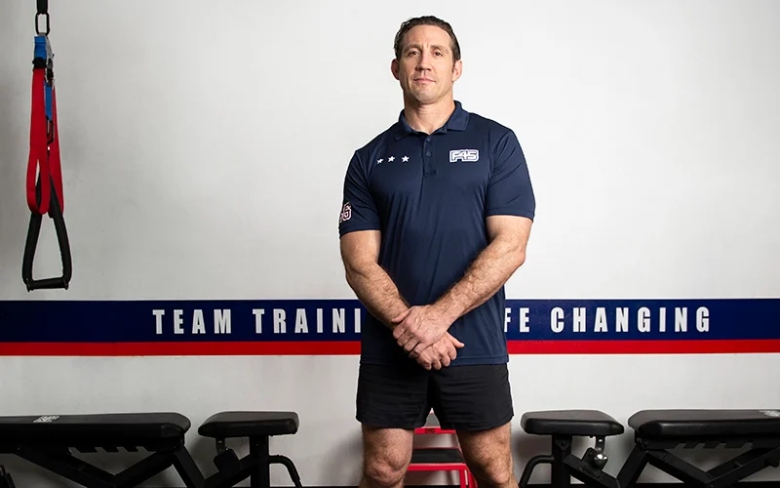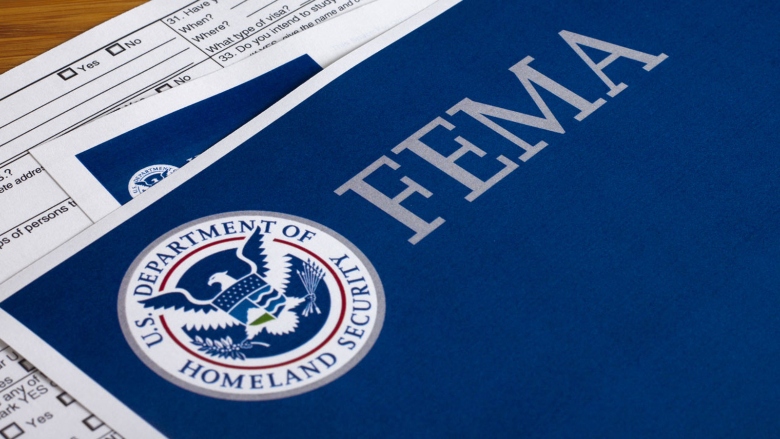The explosion of a Cybertruck outside Trump Tower in Las Vegas has sent shockwaves across the nation, and the alleged perpetrator, Army reservist Matthew Livelsberger, has left the public grappling with more questions than answers. Adding a new layer to this troubling incident, former Green Beret Tim Kennedy has stepped forward to share his perspective on Livelsberger, a man he once knew as a model soldier.
Livelsberger, accused of orchestrating the attack with explosives, reportedly left behind unsettling letters. These writings criticize what he described as “weak and feeble leadership” and accuse leaders of prioritizing spectacle over substance. In his ominous conclusion, Livelsberger expressed a desire to make his grievances known through “fireworks and explosives,” leaving authorities and the public puzzled by his transformation from decorated soldier to accused domestic attacker.
Top Immunity Support For The Times:
Immune systems can be weakened by poor diet, lack of sleep, and countless other environmental factors.
Our products may help support your body’s natural defenses.
Save 15% W/ Code “SAVE”
Visit: https://GetZStack.Com
Includes FREE SHIPPING in USA
Kennedy, a prominent advocate for veterans and former Green Beret, was deeply shaken when he recognized Livelsberger in the news. The two had competed on a military-themed reality TV show over a decade ago. Kennedy remembers Livelsberger as a highly skilled and disciplined soldier who excelled as a Special Forces Communications Sergeant and Intelligence Sergeant. His accolades and dedication earned him a place among the elite Green Berets, making the current allegations all the more shocking.
“Seeing his name and photo in the news left me speechless,” Kennedy admitted. “This is not the man I knew.”
Livelsberger’s alleged actions have sparked a broader conversation about the mental health challenges faced by America’s veterans. Kennedy’s sorrow and disbelief highlight the troubling reality that even the most capable and resilient individuals can face internal battles invisible to those around them.
“This isn’t just tragic—it’s heartbreaking,” Kennedy said. “It’s a stark reminder that even the strongest individuals can face internal struggles that we don’t see.”
Livelsberger’s writings and the violent act attributed to him suggest a deep fracture in his mental state. Kennedy argues that Livelsberger’s case is emblematic of systemic issues affecting veterans, particularly in their transition from active duty to civilian life. The psychological toll of military service, compounded by the challenges of reintegration, can leave even the strongest soldiers vulnerable.
“This isn’t about blaming one person,” Kennedy explained. “It’s about acknowledging the larger issues that our service members face. We need to do more to ensure they feel supported—emotionally, mentally, and physically.”
Kennedy emphasized the urgent need for increased mental health resources for active-duty soldiers and veterans. He stressed the importance of staying connected and checking in with fellow service members to address challenges before they escalate into tragedy.
The attack has raised numerous unanswered questions: How did a soldier as highly trained as Livelsberger reach such a breaking point? Were there warning signs that those around him overlooked? And most importantly, what steps can be taken to prevent similar incidents in the future?
As investigators work to piece together the events leading up to the explosion, experts and advocates are calling for systemic changes to better support veterans. Livelsberger’s case highlights the gaps in mental health care and the need for a more comprehensive approach to addressing the psychological challenges faced by service members.
Kennedy believes that Livelsberger’s actions are not an isolated incident but a symptom of larger systemic issues. “This tragedy underscores the urgent need for systemic changes in how we care for our veterans,” he said. “We owe it to those who serve to provide the resources and support they need to thrive after their service.”
For Kennedy and others who knew Livelsberger, the incident is deeply personal. It serves as a painful reminder that even the strongest among us can struggle in silence. Kennedy’s reflections on Livelsberger’s decline illustrate the complexities of veteran mental health and the importance of proactive intervention.
This tragic event has cast a spotlight on the broader challenges facing America’s veterans. The transition from military to civilian life, the lingering psychological scars of service, and the stigma surrounding mental health are issues that demand immediate attention. Advocates argue that by addressing these systemic challenges, society can honor the sacrifices of its veterans and ensure they receive the care and support they deserve.
As the investigation continues, the story of Matthew Livelsberger serves as a wake-up call for military and civilian leaders alike. The explosion outside Trump Tower is more than an isolated act of violence; it is a sobering reminder of the urgent need to prioritize the mental health and well-being of those who have dedicated their lives to serving the nation.
For now, Tim Kennedy’s words resonate as both a call to action and a poignant reflection on the human cost of neglecting veterans’ needs. “We have to do better,” he said. “This isn’t just about one man—it’s about every man and woman who wears the uniform. They deserve nothing less.”



Perhaps we could give them free memberships is support organizations like the American Legions and VFWs’